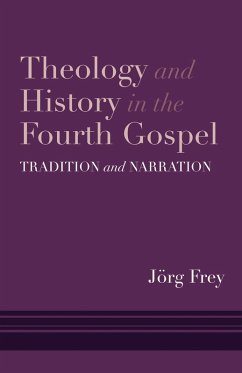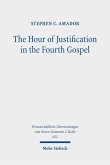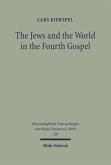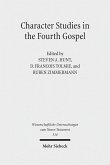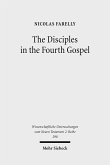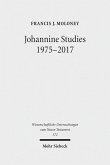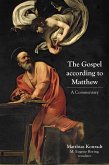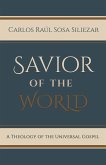The Fourth Gospel is deeply shaped by its remarkably high Christology. It depicts the earthly Jesus, the incarnate one, as fully divine. This unrelenting Christology has led interpreters, both ancient and modern, to question the historical value of John's Gospel. For many, the Gospel is just theology. It is to the vexed relationship between history and theology that Jörg Frey turns in Theology and History in the Fourth Gospel.
John's theological obsession with Christology might suggest that history counts for little in the Gospel. But, as Frey argues, the Gospel's clear and central claim is that John narrates the story of Jesus of Nazareth, his ministry, and his death, as "factual," and that this narrated "history" is foundational for the Christian message. Frey traces the Gospel's use of the available historical tradition by chiefly drawing from Mark and the Johannine community. Even if the Gospel of John used this received witness in a remarkably free manner, replotting and renarrating traditional episodes and even creatively staging new episodes, Frey contends that the historical life and person of Jesus remain central to John's enterprise.
In the end, Frey warns that Johannine interpretation will miss the intention of the Gospel and the interpretive perspective of the evangelist if it remains preoccupied merely with questions of historical accuracy. The interpretive goal is to "let John be John," and, as Frey shows, readers will always yield to the priority of theology over history in the Fourth Gospel. In John's telling of the Christ story, the significance of history lies precisely in its disclosure of theological meaning, just as the significance of the historical Jesus is only understood in the theological language of Christology.
John's theological obsession with Christology might suggest that history counts for little in the Gospel. But, as Frey argues, the Gospel's clear and central claim is that John narrates the story of Jesus of Nazareth, his ministry, and his death, as "factual," and that this narrated "history" is foundational for the Christian message. Frey traces the Gospel's use of the available historical tradition by chiefly drawing from Mark and the Johannine community. Even if the Gospel of John used this received witness in a remarkably free manner, replotting and renarrating traditional episodes and even creatively staging new episodes, Frey contends that the historical life and person of Jesus remain central to John's enterprise.
In the end, Frey warns that Johannine interpretation will miss the intention of the Gospel and the interpretive perspective of the evangelist if it remains preoccupied merely with questions of historical accuracy. The interpretive goal is to "let John be John," and, as Frey shows, readers will always yield to the priority of theology over history in the Fourth Gospel. In John's telling of the Christ story, the significance of history lies precisely in its disclosure of theological meaning, just as the significance of the historical Jesus is only understood in the theological language of Christology.
Dieser Download kann aus rechtlichen Gründen nur mit Rechnungsadresse in A, D ausgeliefert werden.

